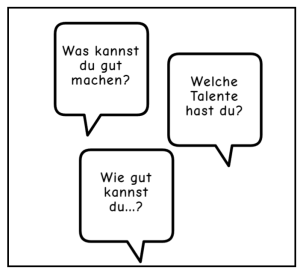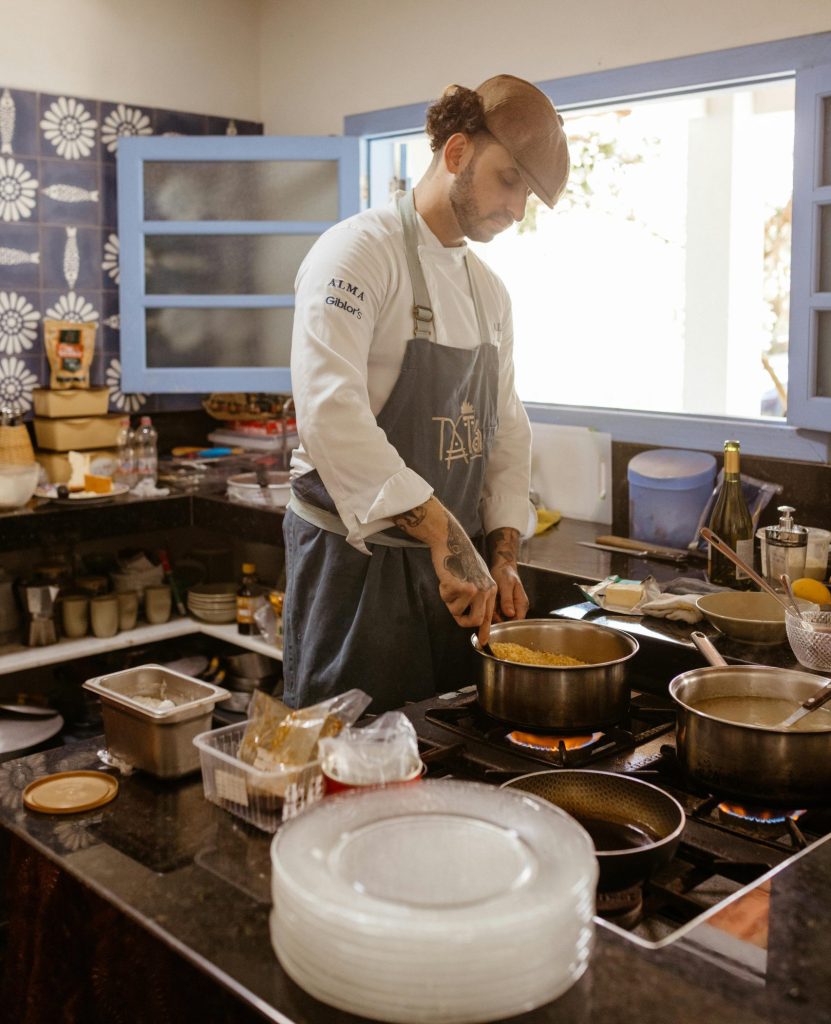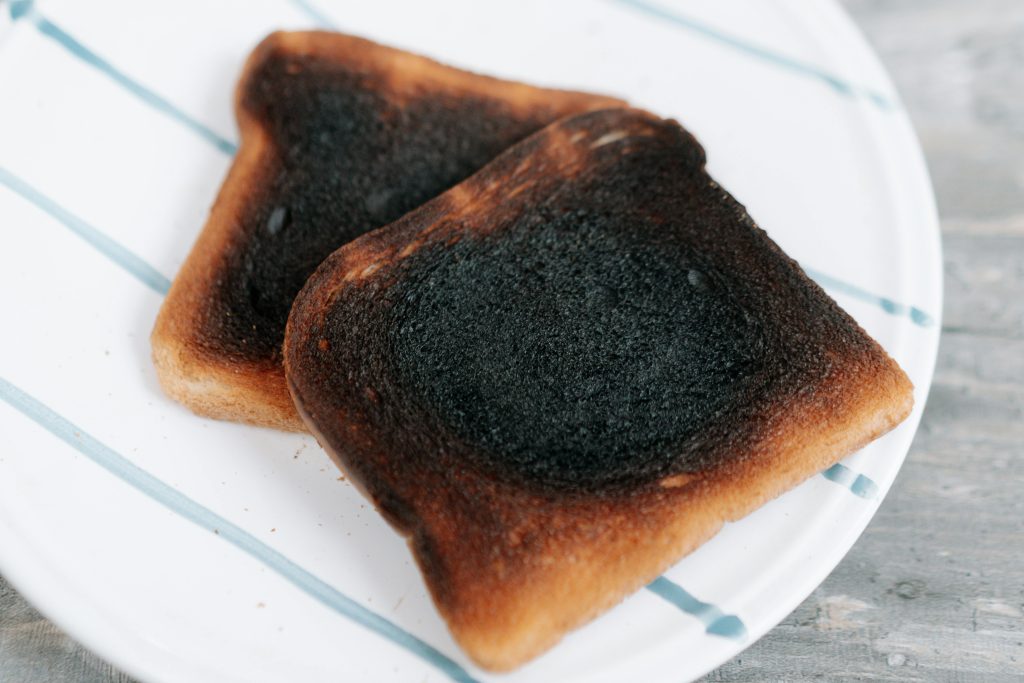4.11 Was ich gut kann – Talente

Guten Tag!
Zum Aufwärmen machen wir unseren Tagesminiplausch und eine Wiederholung.
Wiederholung
In the previous lesson, you learned some additional hobbies, how to ask others about their favorite hobby, and how to say what you like to do the best. Let’s review what you have learned.
Welches Hobby machst du am liebsten? Take a minute to write down your favorite hobby or free time activity in a complete sentence.
Lektionsüberblick
This lesson will focus on saying what you can do well. In the end, you will be able to 1) ask someone what they can do well, 2) say how well you can do some things, 3) say which things you can do better than others, and 4) say which things you can do best.
Was weißt du schon?
Let’s begin with our skills check.
| Noch nicht start klar?
Du kannst immer auf die gleiche 1010-Lektion zurückgreifen! |
Not confident about starting this lesson?
You can always review the same Lektion from 1010. |
1) Was kannst du gut machen?
As is often the case, there is more than one way to ask about a person’s ability or talent. Read and listen and decide which question you like the most or the one that is easiest for you to say or remember.
 |
Let’s practice.
Jetzt bist du dran!
Frankfurt am Main im Blickpunkt


Frankfurt ist die Geburtsstadt von Johann Wolfgang von Goethe, einem sehr bekannten deutschen Dichter und Schriftsteller. Seine Lebensjahre (1749-1832) heißen heute die Goethezeit. Sein Geburtshaus kann man heute noch besuchen. Goethe schrieb berühmte Werke wie Faust, Die Leiden des jungen Werthers, und viele Gedichte.
Frankfurt is the birthplace of Johann Wolfgang von Goethe, a very famous German poet and writer. The years he lived (1749-1832) are called today the Goethezeit (=the time of Goethe). His birthplace can still be visited today. Goethe wrote famous works such as Faust, The Sorrows of Young Werther, and many poems.
2) Ich kann gut…
When someone asks, Wie geht’s? you might recall that you learned some options when responding. They looked like this:
😀 |
🙂 |
😞 |
😣 |
😩 |
| sehr gut | gut | night so gut | schlecht | schlecht |
Read how those same descriptions are used below.
 |
Ich kann sehr gut kochen. |
 |
Ich koche sehr schlecht. |
Let’s practice.
Jetzt bist du dran!
3) Ich kann … besser als…
Read and listen to the comic below. Can you tell which talent comes easier to each character?
 |
Let’s practice.
Jetzt bist du dran!
4) Ich kann … am besten.
You recently learned the phrase, am besten. Do you recall what it means or the impact it has in a sentence? Read the sentences and look at the images for clues.
Jetzt bist du dran!
Zum Schluß

*As you conclude this lesson, don’t forget to check Canvas!*

Media Attributions
- Comic made at www.MakeBeliefsComix.com
- Photo of Goethehaus by dontworry, Wikipedia, CC BY-SA 3.0
- Photo of man cooking by pexels-jonathanborba-28703300
- Photo of burnt toast by pexels-cottonbro-7696923
- 4.11_3-ii-besser-als-2048×684 © This comic strip was generated at http://www.MakeBeliefsComix.com. Used by permission of author and site creator Bill Zimmerman.

